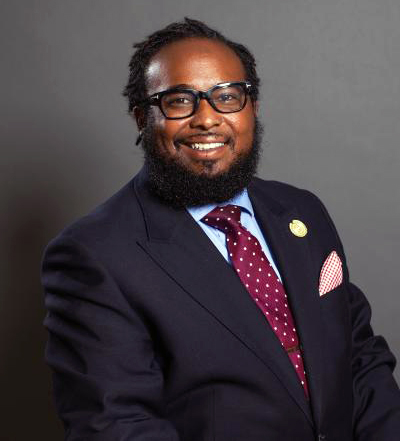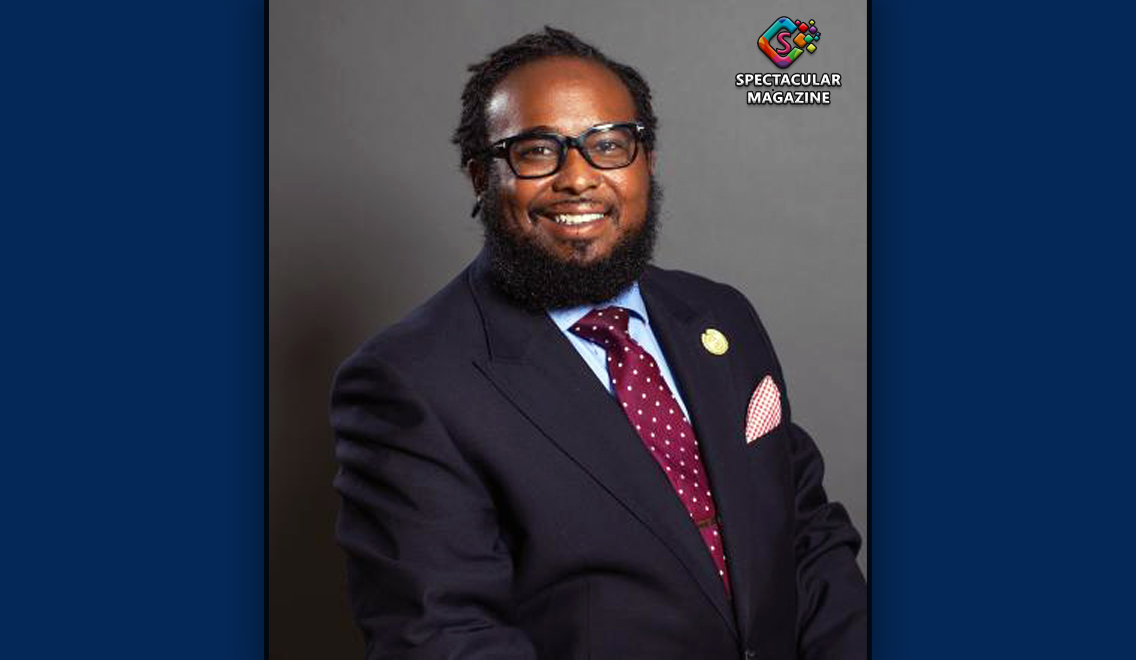Congregational Health And Education Network (CHEN) Assists Pastors In Churches’ New Role
Churches are the soul of a community. For communities of color, the church serves as a lifeline and a place of sanctuary from the harsh realities of living in an unjust world. Today, churches are broadening their role to address health equity among their congregations and throughout their communities. This is a mission at the heart of CHEN, the Congregational Health and Education Network.

CHEN is a 501c3 organization created by Nashville General Hospital (NGH). The organization’s mission is to mitigate the impact of health disparities within faith-based organizations by addressing social determinants of health, primarily focusing on education attainment. Reverend Omaràn DèVon Lee, Sr., an ordained itinerant elder in the African Methodist Episcopal (AME) church and director of CHEN, says, “We’ve known for a long time that educational attainment combats all other social determinants.” Reverend Lee believes the first step toward improving the health of communities is to address health literacy. “What better place to do this than in our churches?”
How it works
CHEN acts as a clearinghouse to bring key resources and stakeholders together to educate individuals within their congregations. This can be seen right now in the way they’re targeting COVID-19 vaccine hesitancy. According to the CDC, of the 62% of people who’ve had at least one vaccine and whose ethnicity is known, just 11% are Black. To address this disparity, NGH brought together the mayor’s office, Black People Making Moves, radio personalities, and church leaders to develop an educational outreach program. They’ve produced a series of virtual services about the virus and vaccine through the Ad Council. NGH is currently on their fourth installment of these events and they’ve gotten out more than 2,000 doses so far.
Overcoming barriers
One of the biggest challenges is getting pastors engaged. It’s not that they don’t see the benefit; they just have way too much on their plates already and don’t have the capacity to add more. In these cases, NGH suggests assigning someone within the congregation, preferably a retired doctor or nurse, to act as a CHEN liaison. If the church doesn’t have anyone, they try to help them find someone outside the church. Once the liaison is on board, a CHEN health navigator works with the liaison to help them understand their role and to create a communications plan. This includes sharing information during Sunday services, in local bulletins, on social media platforms, and through group texts.
Another role of the health liaison is to act as a conduit to identify those in need and to work with the CHEN health navigator to get the individual help, whether that’s primary care, specialty care, food resources, or other services. So far, their liaisons have coordinated help for more than 230 individuals.
Expanding opportunities
Today, CHEN has 115 member churches serving 15,000 individuals. They’ve recently added workforce development and an OB/GYN program with an emphasis on prenatal care. According to the CDC, maternal mortality rates for African American women are up to four times higher than for non-Hispanic white women while death rates for black babies are twice what they are for non-Hispanic white women. Having access to prenatal care reduces complications and improves outcomes.
The path forward
CHEN is a dynamic resource that churches across the state of Tennessee can put to work in their own congregations to help improve health equity in their communities. To learn more about CHEN and where to begin, please find more information, CLICK HERE.


